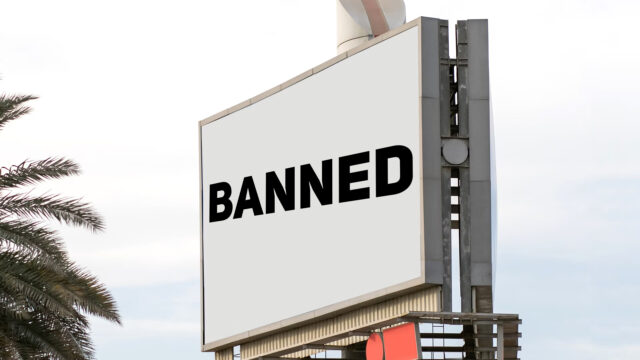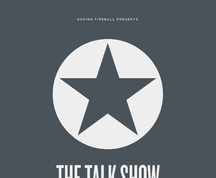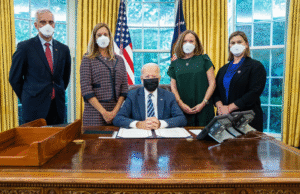The Philippines’ gambling watchdog, PAGCOR (Philippine Amusement and Gaming Corporation) is taking stronger action on gambling advertisements in the country. In a new move, the body has now ordered that all billboards and “out-of-home” advertising that features gambling be removed.
It comes as the country begins cracking down on the multi-billion-dollar industry, with the elimination of thousands of illegal websites and banning offshore gaming operators (POGOs). However, PAGCOR isn’t eliminating advertising for gambling outright. As with other countries, it is laying new groundwork for providing safer advertisements in the country.
The watchdog said that it will allow advertisements around “institutional or responsible gaming campaigns” will be allowed, subject to approval.
PAGCOR’s recent efforts to curb an overzealous gambling industry in the country have proven successful. Last month, it announced that it had banned over 7000 illegal gambling websites. It’s also been proactive with sites that are claiming to be licensed when they’re not.
However, its bans and strict rules have seen the gambling industry grow. In the same time period in 2024 and 2025, PAGCOR saw a 27.4% increase in gambling revenue since banning POGOs. Now, it has turned its sights to advertising issues within the country.
In the press release, PAGCOR Chairman and CEO Alejandro H. Tengco said:
“We have given all our licensees and stakeholders until August 15 to completely remove all gambling-related ads.
“Prior to that, stakeholders must also submit an inventory of their existing billboard and wallscape advertisements by July 16.”
He continues:
“While PAGCOR is mandated to regulate the gaming industry and generate revenues for nation-building, we do not want to encourage a culture of gambling addiction.
“Regulating excessive and pervasive gambling advertisements is a critical step in protecting vulnerable sectors of society, especially the youth.”
A 2022 paper claims that one of the core reasons for the Philippines’ issue when it comes to gambling addiction is that healthcare is expensive and not subsidised. This means getting the help needed is often out of reach for those with lower incomes.
Featured image: Unsplash







